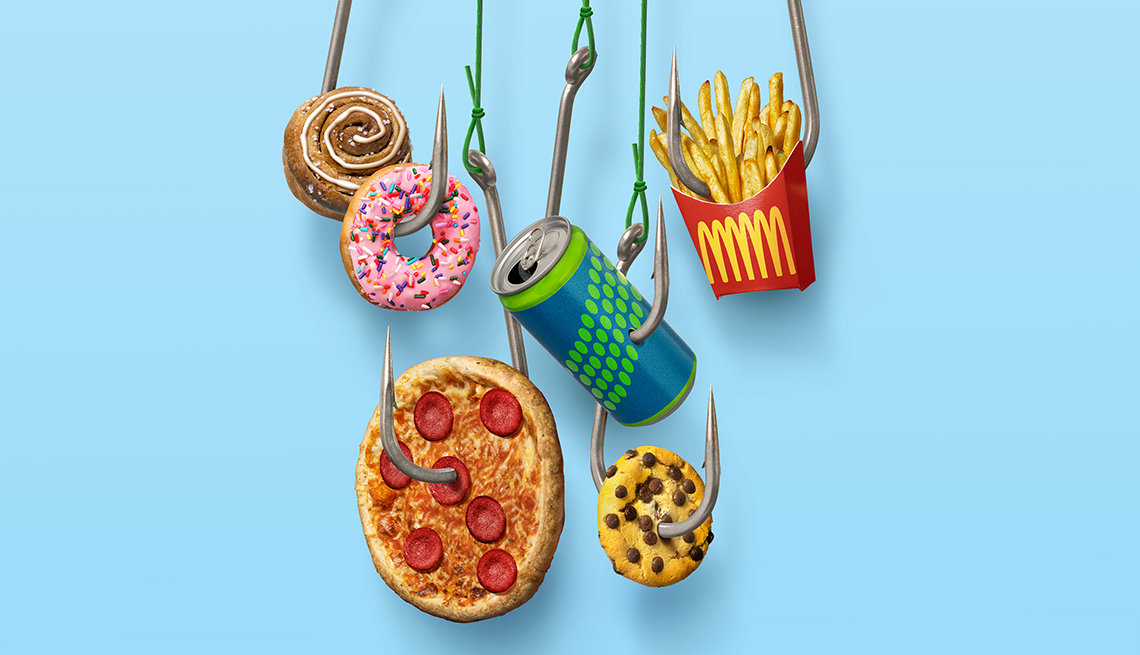Dopamine Addiction and Weight Management Struggles
In the age of instant gratification and digital connectivity, the pursuit of pleasure has taken on a new dimension. Dopamine, often referred to as the “feel-good” neurotransmitter, plays a crucial role in our brain’s reward system. However, when the quest for pleasure becomes a compulsive cycle, it can lead to addiction, with profound implications for various aspects of our lives. One such area deeply affected is weight management, as individuals often seek dopamine relief through food and alcohol. In this blog post, we’ll explore the intricate relationship between dopamine addiction and weight struggles.
Understanding Dopamine Addiction:
Dopamine is a neurotransmitter that plays a key role in pleasure, reward, and motivation. It is released in response to pleasurable stimuli, reinforcing behaviors that bring enjoyment. While dopamine itself is not inherently harmful, the pursuit of intense, frequent dopamine release can lead to addiction. This addiction can manifest in various forms, including substance abuse, gambling, and even overconsumption of food.
The Dopamine-Food Connection:
Food, especially certain types high in sugar and fat, can trigger a release of dopamine. This neurological response creates a sense of pleasure and satisfaction, leading individuals to seek out these foods repeatedly. Over time, this pattern can escalate into a form of addiction, where individuals rely on food to cope with stress, boredom, or emotional challenges. Unfortunately, the temporary relief provided by dopamine often leads to a cycle of overeating, contributing to weight management difficulties.
Alcohol as a Dopaminergic Crutch:
Similar to food, alcohol consumption can stimulate the release of dopamine in the brain. For some individuals, alcohol becomes a coping mechanism, providing a temporary escape from stress or negative emotions. However, the consequences of alcohol consumption on weight management are twofold. Not only does alcohol itself contribute to empty calories, but it can also lower inhibitions, leading to poor dietary choices and overeating.
Breaking the Cycle:
Acknowledging the connection between dopamine addiction and weight struggles is the first step toward breaking the cycle. Here are some strategies that can help individuals regain control over their relationship with dopamine-releasing activities:
- Mindful Eating: Developing awareness around eating habits can help individuals distinguish between physical hunger and emotional cravings. Practicing mindful eating involves savoring each bite, paying attention to hunger and fullness cues, and avoiding distractions during meals.
- Diversify Pleasure Sources: Instead of relying solely on food or alcohol for pleasure, explore a variety of activities that bring joy and satisfaction. Engage in hobbies, exercise, socialize, or pursue personal goals to diversify the sources of dopamine release.
- Seek Professional Support: If addiction to food or alcohol is significantly impacting weight management, seeking professional help is crucial. Mental health professionals, nutritionists, and support groups can provide valuable guidance and assistance in breaking addictive patterns.
The interplay between dopamine addiction and weight management struggles is a complex and challenging issue faced by many in today’s society. By understanding the mechanisms at play and adopting proactive strategies to break the cycle, individuals can regain control over their behaviors and pave the way toward a healthier, more balanced lifestyle. Remember, seeking support and making gradual, sustainable changes are key components of overcoming the dopamine dilemma and achieving lasting well-being.


